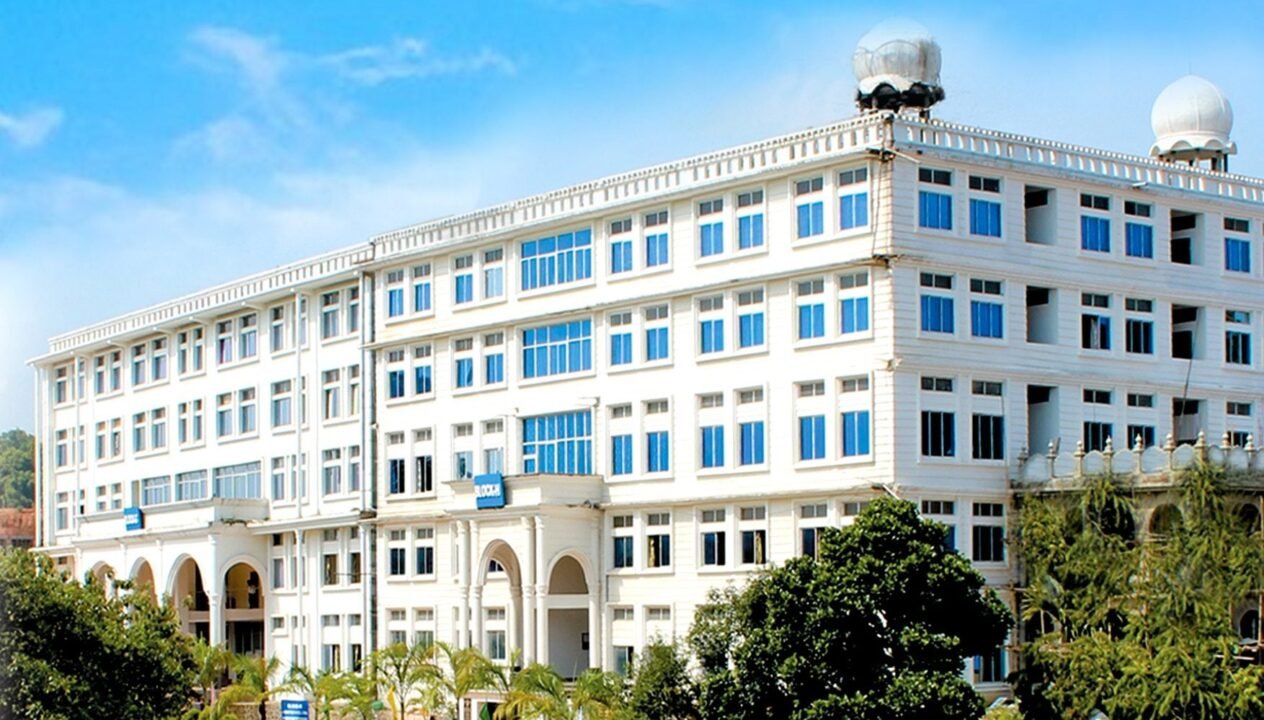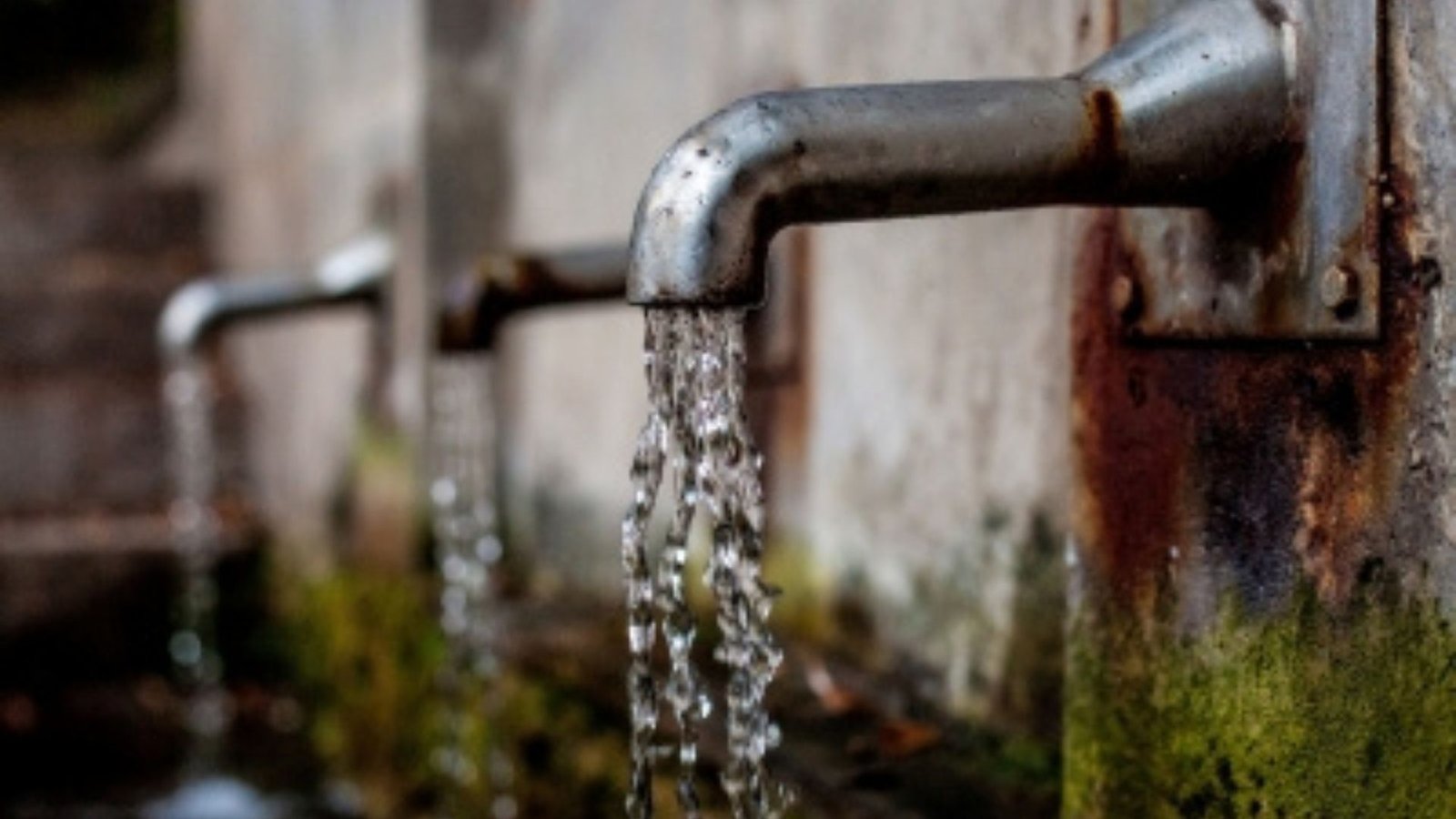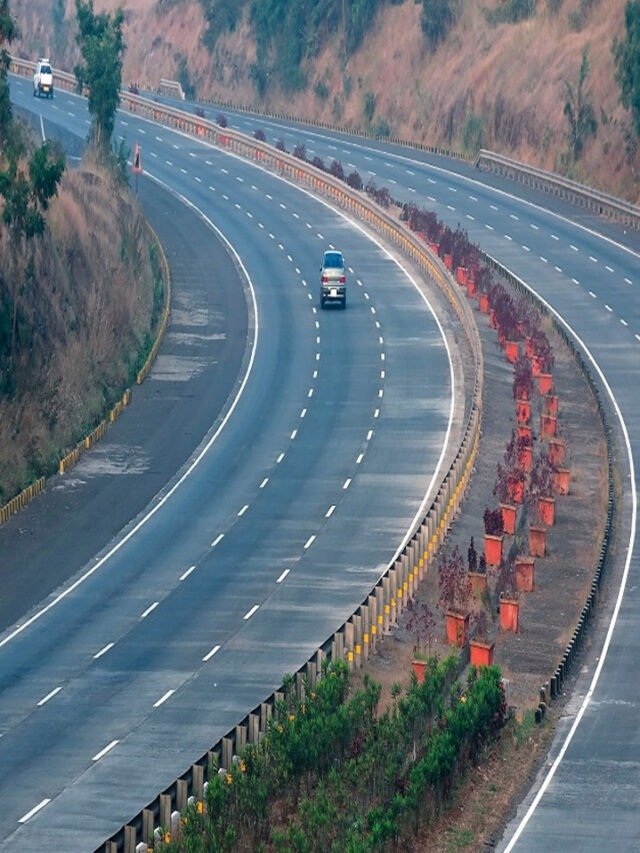HT Bureau
GUWAHATI, March 23: As empanelled Key Resource Centre (KRC)under Ministry of jal shakti, jal jeevan mission, department of drinking water & sanitation, govt of India, the University of Science and Technology Meghalaya (USTM) organised a two-day-long Residential Training Program at Arunachal Pradesh covering Namsai and Lohit district.
The programme started on March 20 at Hotel Anni’s Fine Dine Namsai and it will cover eight numbers of training at different places in Arunachal Pradesh.
On the first day, a total of 149 participants from different villages of Namsai attended the training and all were VWSC (Village Water Sanitation Committee) members.
The programme was inaugurated by Er Prakriti Kr Chakraborty, rtd secretary public health engineering Department govt of Assam and Technical Advisor of KRC, Jal Jeevan Mission, USTM. In the inaugural session, Dr Nibedita Paul PD KRC JJM USTM welcomed all the participants of the training and explained the role of VWSC at this juncture.
Er P P Sharma, senior technical expert USTM explained that KRCs are now partners of PHED and mainly to help the department by providing required training under JalJeevan Mission to build capacity of all stakeholders for its successful implementation. Rituparno Borkotoki, Monitoring & Evaluation Expert of KRC addressed the participants and mentioned the key objective of JJM.
Kaling Pao district PHED official also addressed the participants and requested them to be part of this training program as the main partner of JJM. The main resource person of the programme was Anindita Choudhury, Ex Unicef Sanitation Consultant, Joly Changmai Kalita, WASH Expert, Chaitali MondalI EC/BCC Expert,Pradip Deb Nath MIS Expert trained participants on various components under JJM.
However,the major focus of the training was to highlight the issues of water source sustainability and source protection. The role of VWSC was explained mainly to make the community aware ofthe above-mentioned area for the sustainability of Jal Jeevan Mission. Issues and challenges in the operation and maintenance of PWS specifically technical issues and proposed mitigation measures were also addressed under the training because of community interest. Training coordinator K G Banik managed and coordinated the sessions and reported from Namsai, Arunachal Pradesh.












